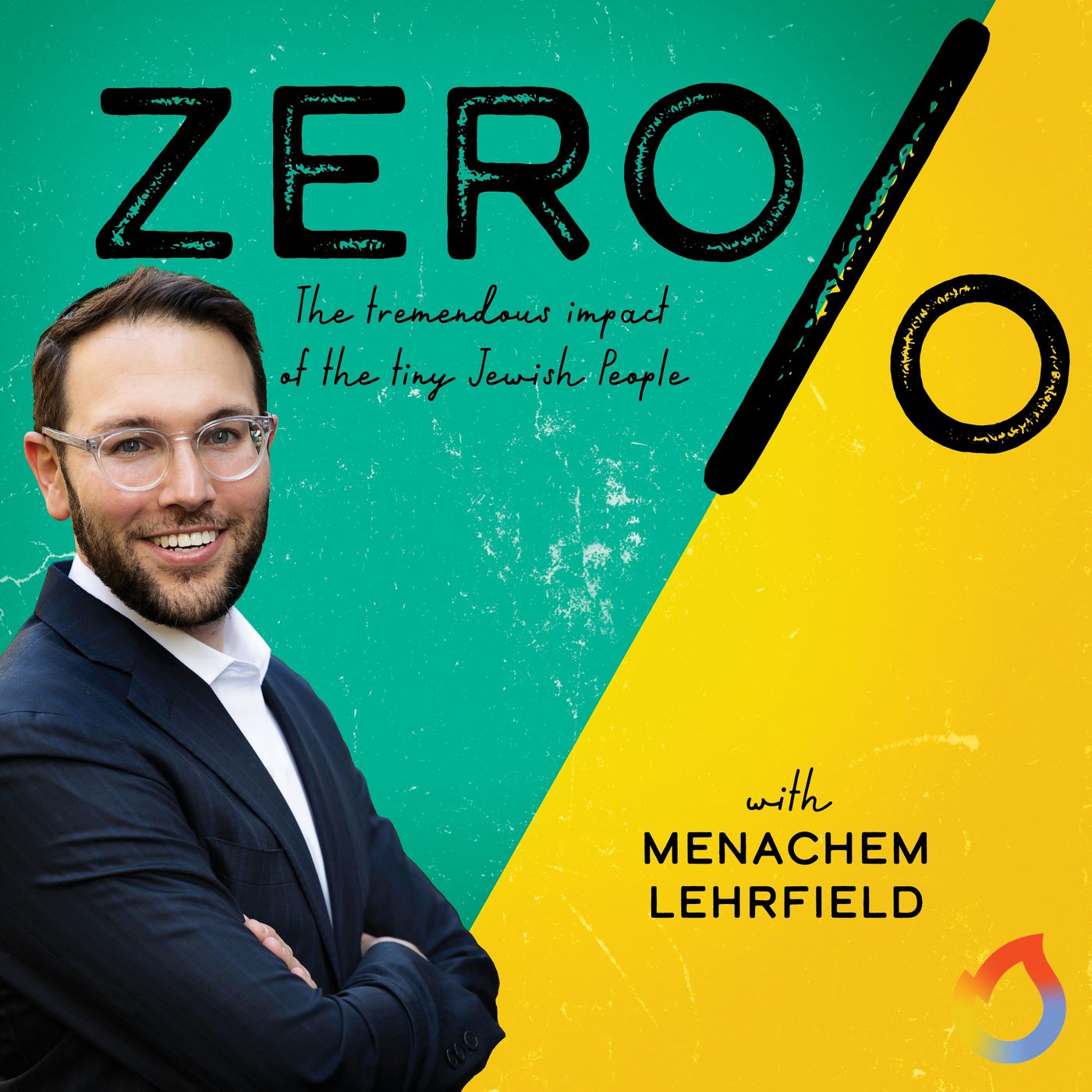9 - The F Word
Description
Continuing our discussion of the acronym "Be Free" we talk about the F word. Failure.
Episode Transcript:
Hey, everybody. Welcome back to Zero Percent. I'm Menachem Lehrfield. We've been discussing the topic of the growth mindset. Last time we talked about the idea of enjoying the journey. And today we move on to a crucial and important topic, which is the understanding and awareness that failure is not a permanent condition. So we've gone through the B and now we're up to the F in FREE, which is again, failure is not a permanent condition. A wise man once said, "Trying is the first step to failure." That was of course, Homer Jay Simpson. But the truth is, he is absolutely right. Trying is the first step to failure. You can't really fail if you never try. The thing is, it turns out failure isn't really so bad after all. In fact, studies show that we are actually more likely to learn something better when we're given the opportunity to fail and get it wrong.
If you have a test and you're asked a question that you know nothing about, if you actually try to come up with an answer, even if your answer is completely wrong, you are more likely to understand, know and retain the information once you learn the correct answer. This goes against a hundred years of education where we try to drill our children with these math drills. We try to have our children memorize these words and these definitions and these multiplication tables. All of those things were there because scientists believed, which was wrong, but they believed that if you teach someone something wrong, it would be so much more difficult to unteach the wrong information.
What we know now is, is exactly the opposite, that when you give a child or a person the opportunity to get the answer wrong, to fail, to make a mistake, they're more likely to retain the information. So instead of saying, memorize all these things that you never get anything wrong, now let's try to figure out how we go through the process of understanding, how we go through the process of learning. In Judaism, not only as a mistake or a failure not bad, it's actually good. It's actually the process that brings us to success.
In the book of Micah, in Micah, chapter seven, verse eight, the verse reads, "Do not rejoice over me, my enemy, [foreign language 00:02:37]. Because I fell, I will arise." And I've seen people translate this as despite the fact that I fallen or although I have fallen, I get up. But that's not what it means. The word [foreign language 00:02:49] does not mean despite, it means because of. [foreign language 00:02:55]. The falling is what leads to me getting up. We find a similar source in the book of Proverbs 24:16, where the verse says, [foreign language 00:03:07], because the righteous one falls seven times, he will arise." Again, not despite the fact that he falls, he gets up. The falling is what leads to getting up. The darkness is the source of the light. The failures are what lead to the success.
I don't know if you remember, but Michael Jordan did an ad for Nike. It was a print ad. And in it, it says, and this is a quote from Michael Jordan. He says, "I've missed more than 9,000 shots in my career. I've lost almost 300 games. 26 times I've been trusted to take the game-winning shot and missed. I failed over and over and over again in my life. And that is why I succeed."
Thomas Edison said the same thing when they asked them about the light bulb. It took him 10,000 tries to produce the light bulb. And someone said to him, "How did you have the ability to keep on going after failing so many times?" And he said, "I didn't fail 10,000 times. I learned 10,000 ways that it doesn't work. I discovered 10,000 ways not to make a light bulb." When that's our approach to failure, everything changes. You see, we're obsessed with this concept of the overnight success. But the reality is, Albert Einstein said that somebody who's never made a...
More Episodes
Published 04/21/24
Published 04/19/24
Published 04/19/24


